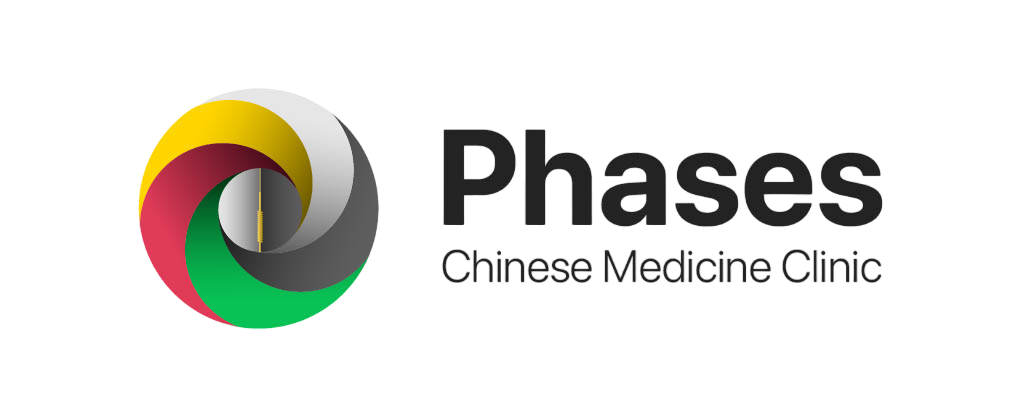Moderate Sleep Apnea: What It Means and How to Manage It Naturally
Moderate sleep apnea is a condition where breathing is partially obstructed during sleep, causing frequent interruptions that affect sleep quality. While mild cases may go unnoticed, moderate apnea can lead to fatigue, memory issues, and even cardiovascular risks.
Sleep apnea is measured by how many breathing interruptions (apneas) occur per hour. Moderate cases fall between 15–30 events per hour. This disrupts the deep stages of sleep and reduces oxygen flow to the brain.
Common signs include loud snoring, gasping for air, morning headaches, dry mouth, and excessive daytime drowsiness. Many people with moderate sleep apnea are unaware until a sleep study confirms the diagnosis.
In Traditional Chinese Medicine (TCM), sleep apnea is often linked to phlegm accumulation, qi stagnation, or spleen deficiency. TCM treatments aim to resolve the root cause using herbal medicine and acupuncture to open airways, improve breathing, and calm the nervous system.
At Phases Health Clinic, we take an integrative approach. Our practitioners may recommend diet changes to reduce inflammation, breathing exercises like Buteyko or Qi Gong, and weight management strategies to support airway function.
While CPAP therapy is often recommended, many patients benefit from combining conventional methods with complementary therapies. Acupuncture has been shown to improve muscle tone and reduce apnea events in clinical studies.
Herbal formulas to strengthen the lungs and clear heat are commonly used. Lifestyle changes such as positional sleeping, avoiding alcohol, and reducing allergens can also help manage symptoms.
Moderate sleep apnea is serious but manageable. With the right treatment plan tailored to your constitution and symptoms, restful sleep and better breathing can be restored.

